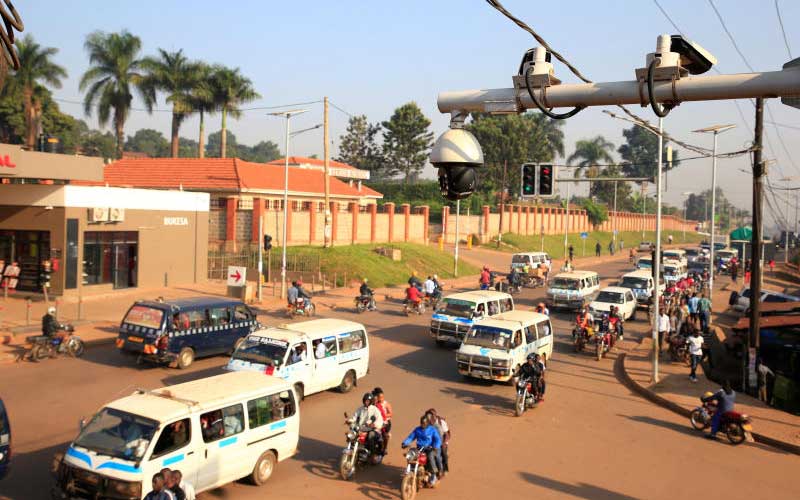×
The Standard e-Paper
Join Thousands Daily

A forest of slender white poles topped with dark, unblinking eyes is quietly sprouting on the rubbish-strewn, potholed street corners of the Ugandan capital.
Police say the new $126 million (Sh13 billion) closed-circuit television camera (CCTV) system, supplied by Chinese telecommunications giant Huawei Technologies Co Ltd, will slash spiralling violent crime.